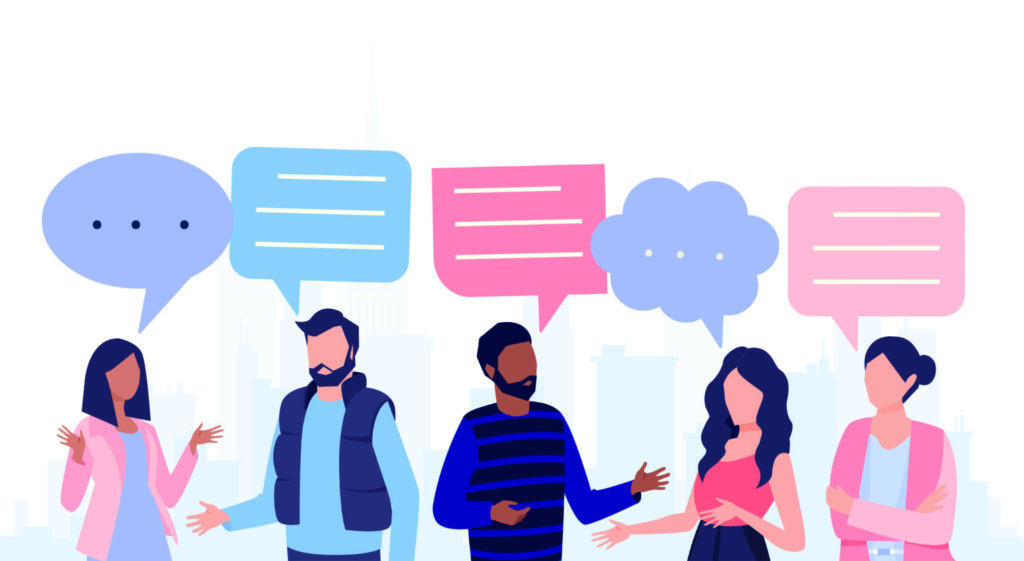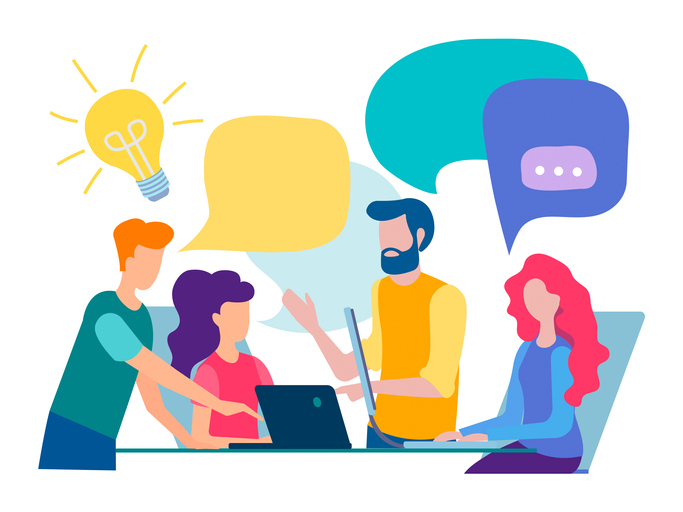When I first started in the social engineering field, I had no idea how much it would impact my everyday life. Namely, my communication skills. What exactly is social engineering? How does it change my day to day? And how can you benefit from the same techniques I’ve learned in your own life? Let’s dive in together.

Social Engineering: What is it?
What is social engineering? We define it this way “Any act that influences a person to take an action that may or may not be in their best interest.” Like most things, it can be used for good or bad. Today we will discuss how to use social engineering techniques for good in your everyday life.
Why Should I Care About Social Engineering?
When used for good, social engineering can have profound effects on your communication skills and your relationships. How so? Many of the techniques we use in social engineering are used to build up common interests and trust, both of which are vital to building rapport and thriving relationships. So, what are some of these techniques?

Social Engineering Techniques
Let’s discuss three social engineering techniques that stand out to me:
- Ego suspension
- Quid Pro Quo
- Validating Others
Ego suspension
A reliable human trait is that people like to be right. One technique you can use for helping someone to be more open to your requests is to suspend your own ego, so they do not view you as a threat to theirs. This could mean anything from not correcting someone to not proceeding to share your own “greater” knowledge. This is arguably one of the hardest techniques to put into practice. We naturally like being right and sharing our knowledge with others. And ego suspension doesn’t mean always being wrong or not sharing your knowledge, it just means greater awareness of when it is appropriate to do so.
Have you ever been in a discussion where someone keeps correcting you, even if you’re just sharing an opinion? How did it make you feel? Likely, you felt annoyed and maybe even slightly defeated. We surely don’t want to make others feel that way. I have noticed that when I implement ego suspension, even when difficult, my interactions with people go more smoothly.
Quid Pro Quo
Quid Pro Quo is Latin for “something for something.” It means you give a little to get something back. Think of throwing a ball back in forth. Each time it exchanges hands, a little information is given. Another way to picture it is by imagining the feeling of buyer’s remorse.
I recently attempted to save money on my hair appointment by cancelling it and ordering a color depositing conditioner. I ended up using it incorrectly and dyeing my hair the completely wrong color! Now I not only have to go back to my stylist but am stuck with this conditioner that I will never use again. Buyer’s remorse! You can make the person you’re talking to feel that same way if you end the conversation and they know nothing about you. This doesn’t mean you have to tell them your life story. Rather, think about what you want to know and offer them something of equal value. For example, if you want to learn someone’s middle name, offer them yours first, and so on.
Validating Others
You may be wondering how validation is a social engineering technique. Think through the effects of validation, though. If you make someone feel heard, seen, understood, they are going to trust you more.
Just the other day I made a vishing call where the lady I was speaking to was frustrated about some computer issues. As I was pretexting that I was calling from her IT department, I was supposed to be able to help her fix these issues. In reality, I know nothing about IT work. So instead, I apologized for her trouble and told her how frustrating I know it must be. She responded so well to this that she didn’t even mind I didn’t know how to fix her computer! I was able to gain her trust to the point where it made her feel better for having talked to me. In my everyday life I enjoy using this technique for one simple reason: I like to feel validated as well. When used with good intent, validation will only yield positive results.
Why Use These Techniques
Why should we make the effort to utilize these techniques? They all have one thing in common; they help ensure the person we are speaking to feels good. That’s a powerful thing! Using these techniques intentionally at first will help you to put them into practice. Eventually, it will become your natural way of conversing. If we all focus on suspending our egos, quid pro quo, and validating others, communications all around would improve. Let’s be a part of that.
Written by: Shelby Dacko
At Social Engineer LLC, our purpose is to bring education and awareness to all users of technology. For a detailed list of our services and how we can help you achieve your information/cybersecurity goals please visit:
https://www.Social-Engineer.com/Managed-Services/.
Images:
https://cxm.co.uk/communication-with-customers-five-essential-factors/
https://www.alltekholdings.com/communicate-consistently-with-customers-about-their-technology-needs-and-your-value/

